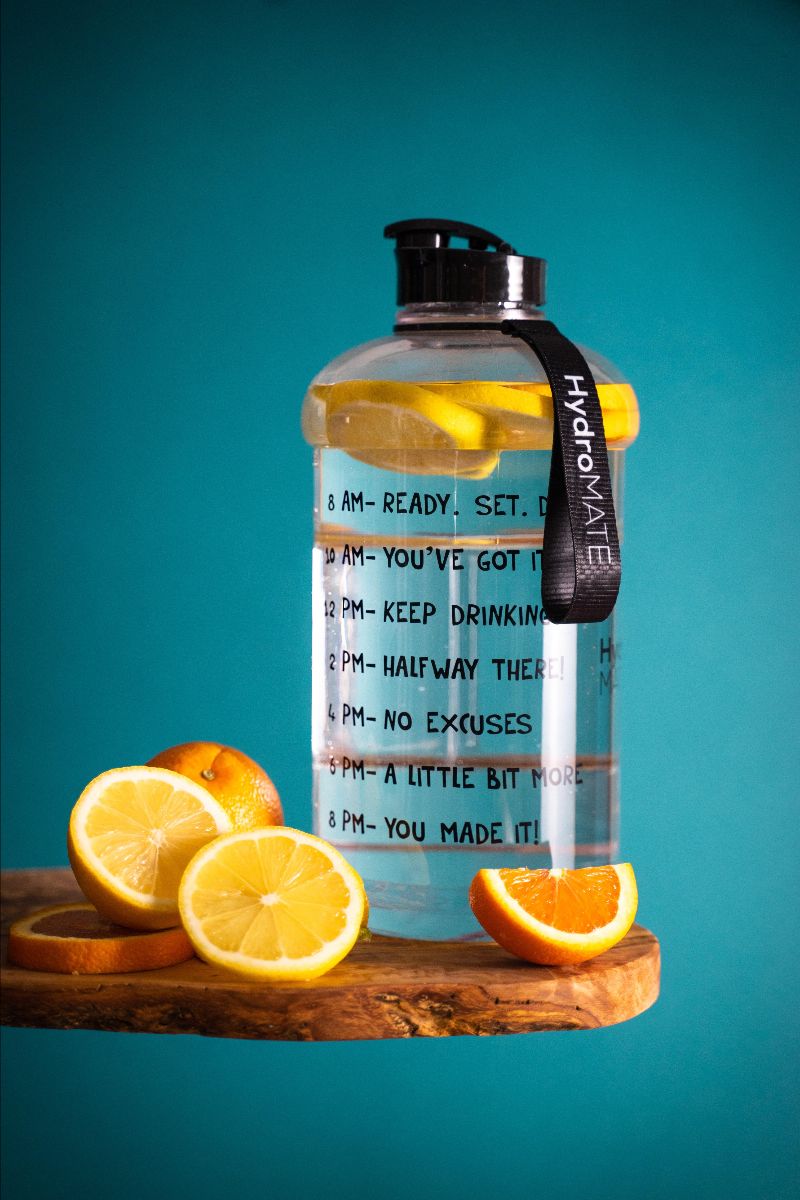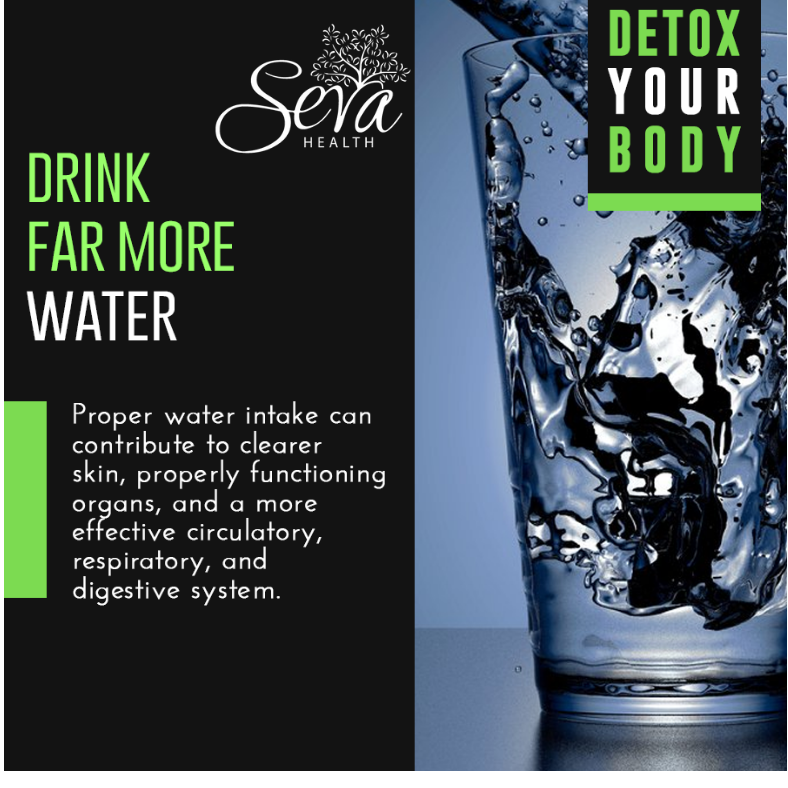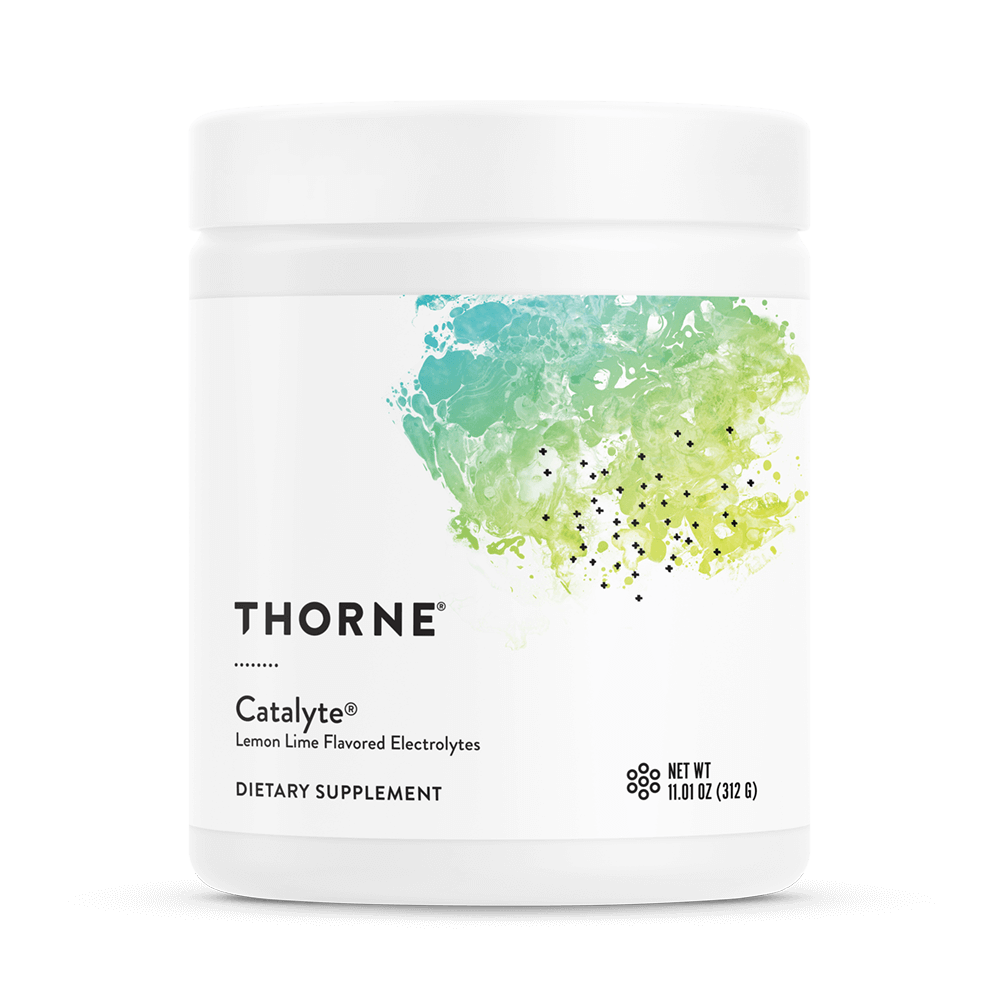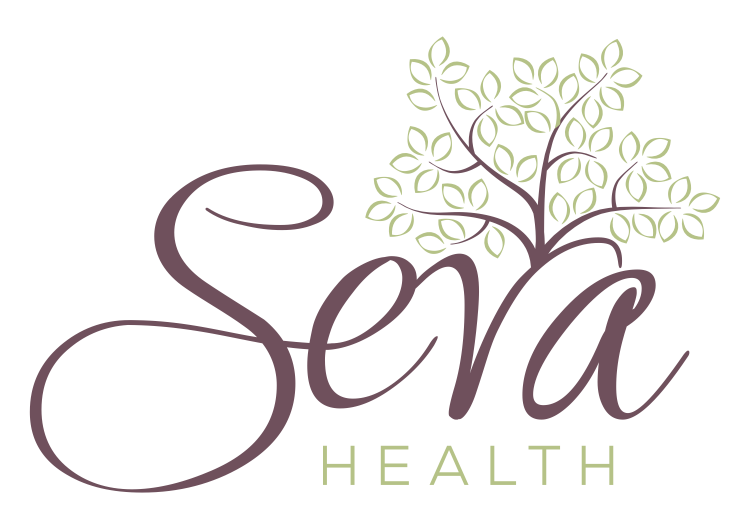
21 Sep Is 8 Glasses a Day Still Best?
Welcome to Healthy Housecalls with Angel, a weekly round-up of tips, tools, and strategies to help you live longer and live better with lifestyle medicine. Like it? Forward to a friend, who can subscribe here.
Why do we need water anyway?
Water is essential for life and good health. Water is essential for life and good health. Drinking water every day helps maintain the health of our cells, our biochemical reactions, digestion, nutrient absorption, water elimination, and body temperature regulation.
But just how much is enough?
Approximately 20% of our total water needs can be met by food, but the rest must be met by water or other fluids. For our kidneys to function effectively, our bodies must hold a minimum amount of water. Our bodies contain between 50 and 80% water depending on our body mass. As a result, our fluid needs can be highly variable. On average, a 155 lb individual should consume 85-100 ounces a day.
How much water should we drink each day?
Recommended intakes are based on the median intake
For men 19->70 yrs 80 ounces/ day (about 10 cups)
For women 19 ->70 yrs 64 ounces / day (about 8 cups)
This includes fluids from water, milk and other drinks, excluding alcohol (which is dehydrating).
It does not include water from food.
Dehydration
As little as 2% loss of body weight from dehydration can affect physical and mental performance.
Top tips to stay hydrated
- Drink small and regular amounts of water throughout the day. Most of us should be aiming to drink around 8-10 cups (this does not include what you drink around exercise).
- Have a plan. If you are exercising for more than 30 minutes, you should have a fluid intake plan. Weighing yourself before and after exercise can help you to gauge your fluid needs. A 2 lb loss of body weight represents a need for 6/25 cups of fluid to be replaced, to account for fluid lost as urine. This should all be replaced within 4-6 hours after exercise.
- Use sports drinks. When exercise sessions are of high intensity or last longer than 60 minutes, sports drinks can help replace lost electrolytes. For a natural alternative, try coconut water or homemade sports drinks.
- Check your lips. A dry mouth or lips can be one of the early signs of dehydration. Try sipping fluids throughout the day to limit this.
- Top-up in the office. Air conditioning can zap your fluid levels before you know it. Keep a water bottle on your desk and top up regularly.
Day-to-day hydration plan
- Drink 1.5 cups of water with breakfast.
- Drink 8-10 cups of fluid each day (excluding what you drink around exercise).
- Drink little and often.
- Avoid fizzy drinks and adding sugar to caffeinated beverages.
- Drink no more than 2-3 cups of tea and coffee each day.
- Avoid caffeine and alcohol immediately after training.
Remember, use your urine as a guide.
When you are thirsty, you may already be dehydrated enough to impair your thinking and performance. If your urine is dark in color and small in volume, you are dehydrated and need to drink more fluids.
If incorporating more healthy habits into your routine, such as drinking more water is a goal, check out my Fit & Functional for Life community. The community brings together people from all walks of life to learn these skills in a safe, encouraging space away from other toxic spaces on social media.
You can join today for FREE and discover new ways to redefine what a path to health and well-being can look like for you.
Click the link below to learn more and get started!

Nutritional Spotlight

Supporting Optimal Hydration
Optimal electrolyte balance supports performance before, during, and after high-intensity activities. Maintaining proper electrolyte balance helps you push your body to the limits, so you can train harder and longer.
With its unique formulation, Catalyte helps you restore electrolyte balance. The electrolyte mix is designed to replenish the micronutrients lost through sweat during exercise and athletic performance. Studies suggest that an amino acid-electrolyte formula can better increase cellular rehydration compared to formulas without amino acids. The blend of electrolytes and micronutrients includes taurine, a conditionally essential amino acid that supports rehydration at the cellular level.
Catalyte is low in calories and is perfect before, during, and after a workout.
Have you had your Nutri-Physical this year?
Did you know that folic acid deficiency can cause irritability, fatigue and sleeplessness?
How about manganese? Did you know that deficiency in this important trace mineral can cause higher cholesterol levels and elevated blood pressure?
If you’re struggling with weight gain, irritability, constant fatigue or just not feeling your personal best it may be time to get your Nutri-Physical!
Want more tips, tools and strategies to help you live longer and live better with lifestyle medicine? Join our mailing list today!


No Comments